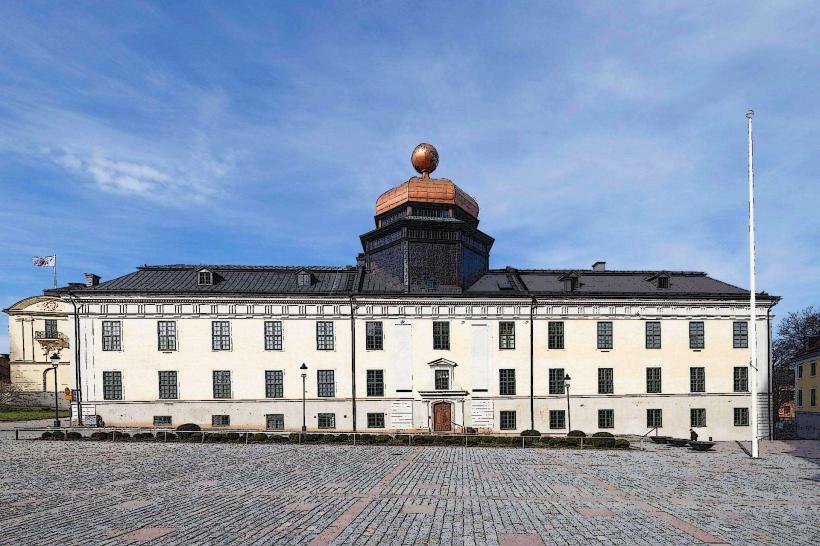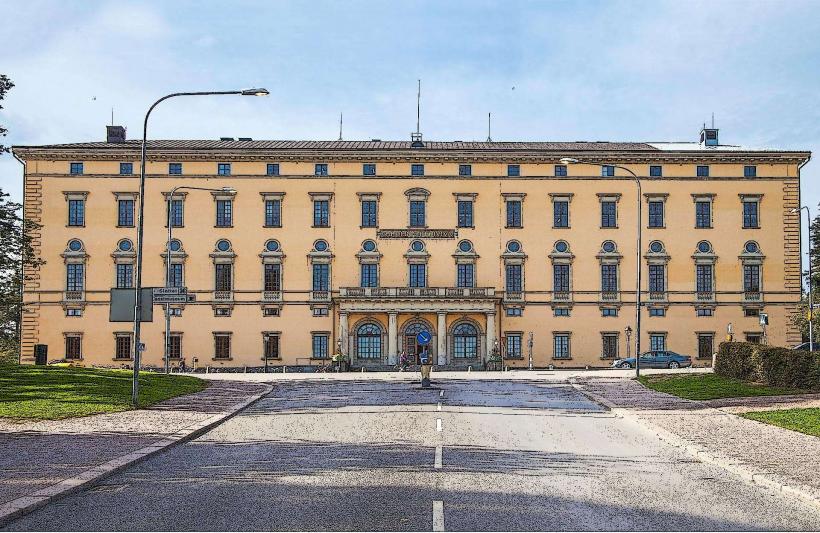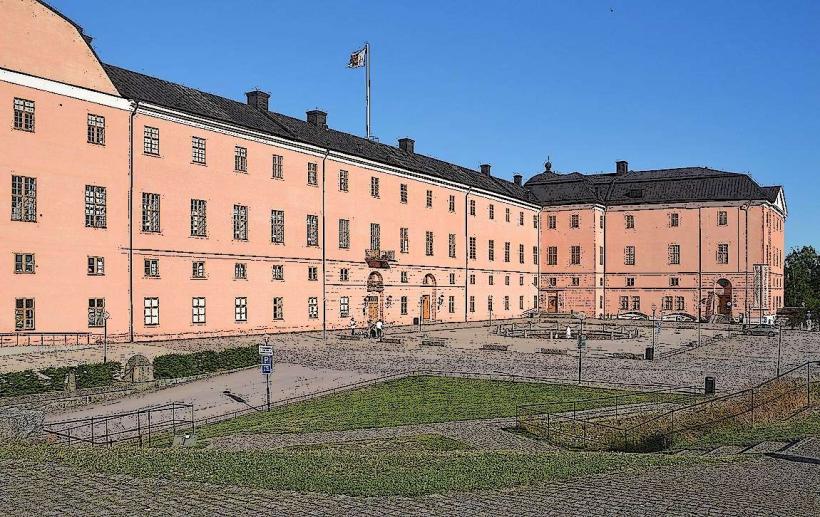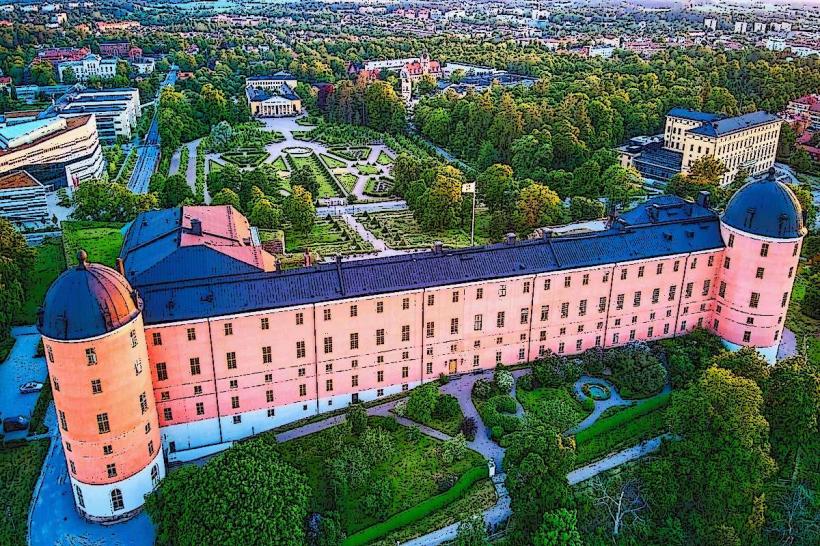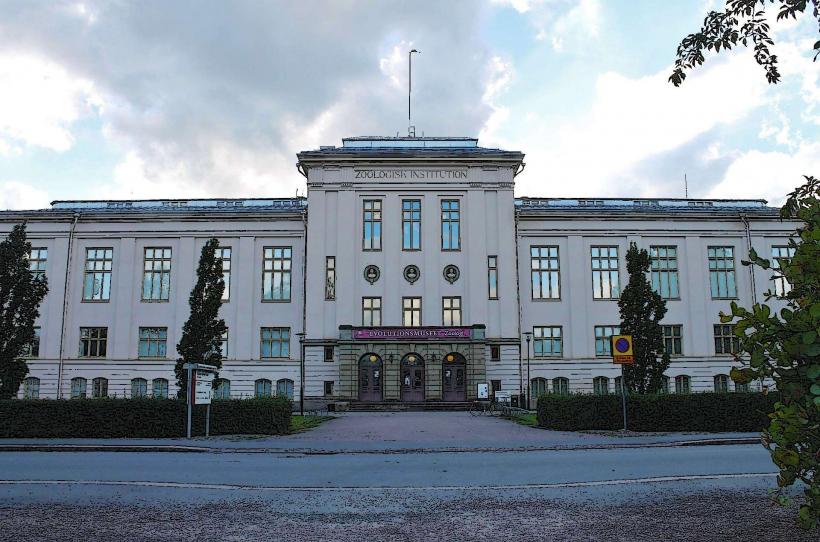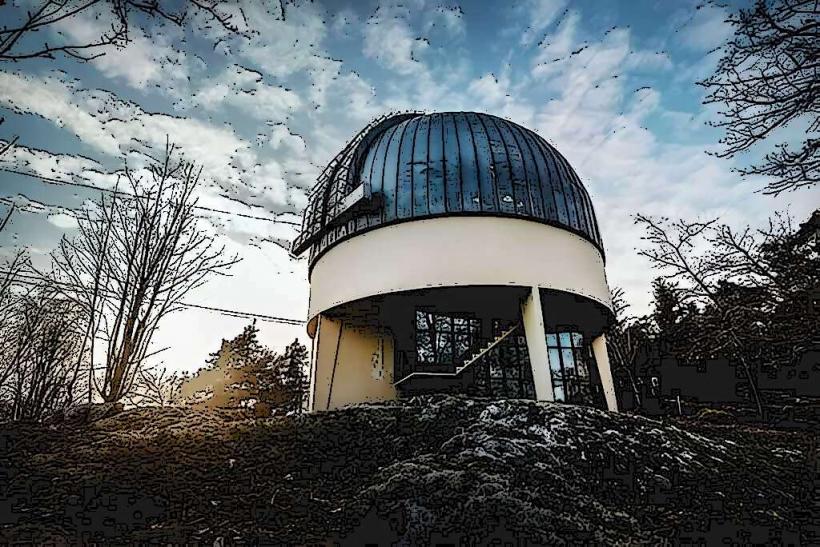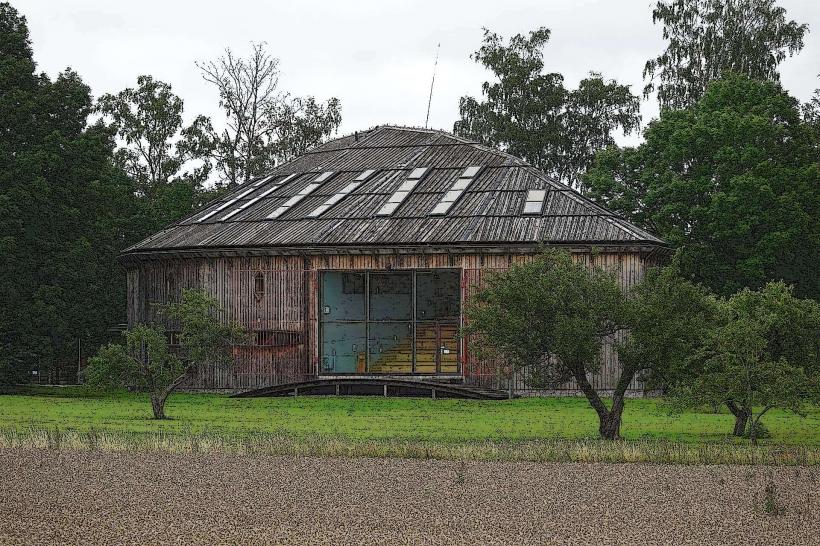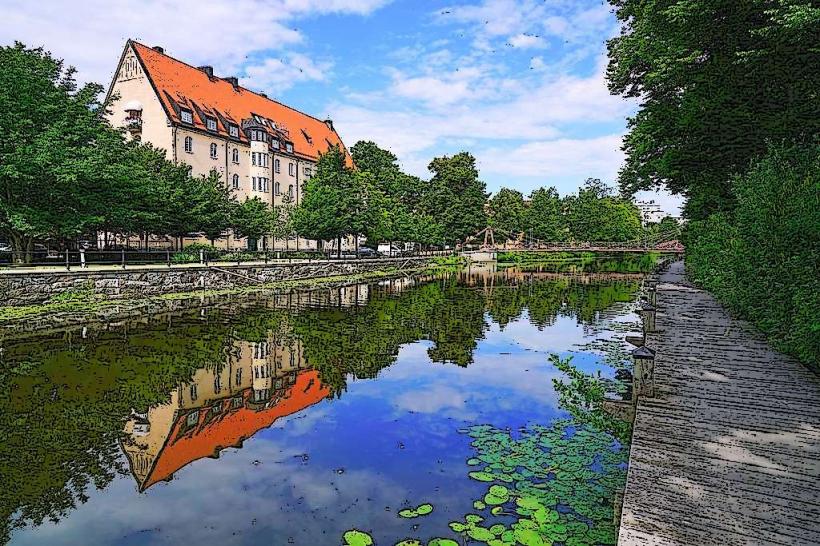Information
Landmark: Uppsala UniversityCity: Uppsala
Country: Sweden
Continent: Europe
Uppsala University, Uppsala, Sweden, Europe
Uppsala University (Uppsala universitet) is one of Sweden’s oldest and most prestigious universities, with a rich history that dates back over 500 years. Established in 1477, it is renowned for its academic excellence and its contributions to science, humanities, and social studies. The university is located in the city of Uppsala, about 70 kilometers north of Stockholm, and has played a central role in Sweden's intellectual, cultural, and scientific development.
History and Founding
- Established in 1477: Uppsala University was founded by Pope Sixtus IV, and it is Sweden’s oldest university. It was established to provide higher education and to train clergy for the Lutheran Church, which was growing in influence at the time. Initially, the university focused on theology, law, and medicine.
- Early Development: During the Renaissance and Enlightenment periods, the university began to expand its fields of study, establishing a reputation for academic rigor. It was instrumental in the intellectual development of Sweden, producing notable scholars in various fields.
- Role in Swedish Society: Over the centuries, Uppsala University has produced many of Sweden’s most famous thinkers, scientists, and politicians. It became a center for the Lutheran Reformation and was influential in shaping the nation’s academic and cultural landscape.
Campus and Buildings
Main Campus: The main university campus is located in central Uppsala, with various buildings spread across the city. The Carolina Rediviva Library, the University Hall (Universitetshuset), and the Uppsala University Botanical Garden are some of the central landmarks on the campus.
University Hall (Universitetshuset): This historic building, constructed in the early 19th century, serves as the ceremonial center of the university. It hosts official university events, lectures, and celebrations.
Carolina Rediviva Library: A landmark of the university, this library is one of the oldest and largest university libraries in Sweden. It houses an extensive collection of books, manuscripts, and historical documents, including the famous Codex Argenteus, an important early manuscript of the Gothic language.
Uppsala University Botanical Garden: Founded in the 17th century, this garden is one of the oldest botanical gardens in Europe and remains an important resource for the university’s biological and environmental sciences departments. It also serves as a public park with an extensive collection of plants and trees.
Academic Structure and Programs
Uppsala University offers a wide range of academic programs at both the undergraduate and graduate levels, across a variety of fields. The university is organized into disciplinary domains, which include:
- Humanities and Social Sciences: Including disciplines such as history, philosophy, sociology, linguistics, and economics.
- Medicine and Pharmacy: The university’s medical faculty is highly respected, with research centers in areas like clinical medicine, pharmacology, and public health.
- Science and Technology: Uppsala is a leader in scientific research, particularly in chemistry, physics, and biotechnology. The university’s Department of Physics and Department of Chemistry are recognized worldwide for their contributions to their respective fields.
- Law and Political Science: Uppsala University offers leading programs in law, political science, and international relations, making it one of the top institutions in Sweden for legal and political studies.
- Theology and Religious Studies: Rooted in its historical connection to the Lutheran Church, Uppsala University is also known for its study of theology and religious history.
- Education and Psychology: The university provides programs in pedagogy, psychology, and special education.
Notable Achievements and Contributions
Scientific Innovations: Uppsala University has been at the forefront of major scientific discoveries. In the 18th century, the university was associated with the work of Carl Linnaeus, the father of modern taxonomy. His system of naming and classifying species remains in use today. The university is also connected with other key figures such as Anders Celsius, the physicist behind the Celsius temperature scale, and Olof Rudbeck, a prominent scientist and anatomist.
Nobel Prize Winners: Uppsala University has produced a number of Nobel Laureates, particularly in fields like chemistry, medicine, and physics. The university is linked to the Nobel Prize through various research achievements and the work of prominent figures like Svante Arrhenius (chemistry, 1903) and Alva Myrdal (peace, 1962).
Research Excellence: The university is home to many world-class research centers, particularly in the fields of biomedical research, material science, and environmental studies. Uppsala's researchers work in collaboration with international universities, industry leaders, and governmental bodies to solve global challenges, particularly in sustainability, health, and technology.
Campus Life and Student Organizations
Student Union: Uppsala University has a strong student body with active participation in university governance and student life. The Uppsala Student Union is one of Sweden's largest and most influential, organizing cultural, academic, and social events for students. It also provides support and advocacy for students' rights.
Student Nations: Uppsala is known for its student nations, which are unique student organizations that offer a wide range of cultural, social, and academic activities. The nations date back to the 17th century and remain an integral part of Uppsala University’s student life today.
Student Festivals: Uppsala is famous for its student festivals, such as the Valborg celebration (a traditional spring festival), Student May 1st, and Student Graduation, which are marked by elaborate parades, singing, and festivities.
International Collaboration and Impact
Uppsala University has a strong international reputation and collaborates with universities and research institutes worldwide. It participates in Erasmus, Nordplus, and Research Council funding programs, enabling students and researchers to engage in international exchanges and collaborations.
Global Research Networks: The university is part of numerous global research networks and has collaborative agreements with leading universities in Europe, North America, Asia, and beyond.
International Students: Uppsala University attracts students from all over the world, offering programs in English at both undergraduate and graduate levels. The university’s commitment to diversity and internationalism is reflected in the large number of international students who come to Uppsala each year.
Conclusion
Uppsala University is an academic institution with a distinguished history and a forward-looking approach to education and research. As Sweden's oldest university, it has made significant contributions to various fields of knowledge, from the natural sciences to the humanities. The university continues to uphold its tradition of excellence, fostering a vibrant academic community that produces global leaders, scholars, and innovators. With its stunning campus, rich cultural life, and world-class research facilities, Uppsala University remains one of the most respected universities in Europe and beyond.

